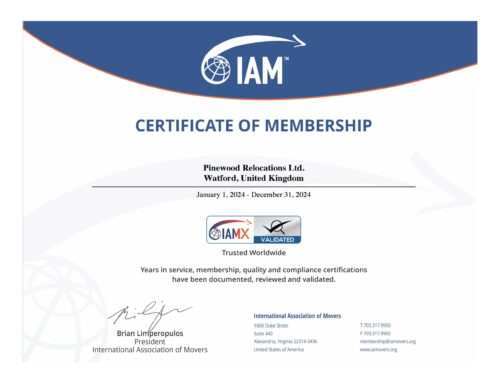 Does your business offer a Mobility Clause?
Does your business offer a Mobility Clause?
A mobility clause in an employment contract is a provision that requires the relevant employee to relocate if required to do so by their employer. This relocation could be due to various reasons, such as office closures, changes in work location, or shifts in business operations.
Here are some key points about mobility clauses:
Enforceability:
- An employee must comply with any mobility clause they have agreed to (usually by signing their contract of employment), provided that the term is reasonable.
- Reasonableness depends on various factors, including:
- Whether the relocation is within a reasonable distance.
- The notice given by the employer regarding the change.
- Whether relocation costs or fuel costs are offered.
- The employee’s role within the organization.
- The employee’s personal circumstances.
- The specific wording of the mobility clause.
Balancing Act
- Employers should draft mobility clauses carefully to strike a balance between operational needs and employees’ rights.
- If a mobility clause is too broad, unreasonable, or inadequately considered, it may lead to unfair dismissal claims or statutory redundancy payments.
Existing Employees
-
For existing employees, adding a mobility clause to their contract requires substantial variation, agreement, and consultation.
Examples of Companies with Mobility Clauses
- While specific companies with mobility clauses are not publicly disclosed, many large organizations include such clauses in their employment contracts.
- Sectors like technology, consulting, and multinational corporations often use mobility clauses to manage workforce flexibility.
Remember that the effectiveness and enforceability of mobility clauses depend on their careful drafting and consideration of individual circumstances.





